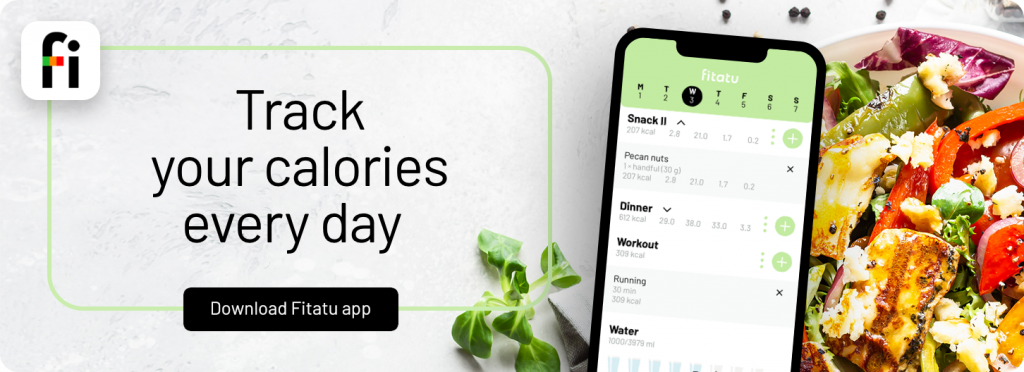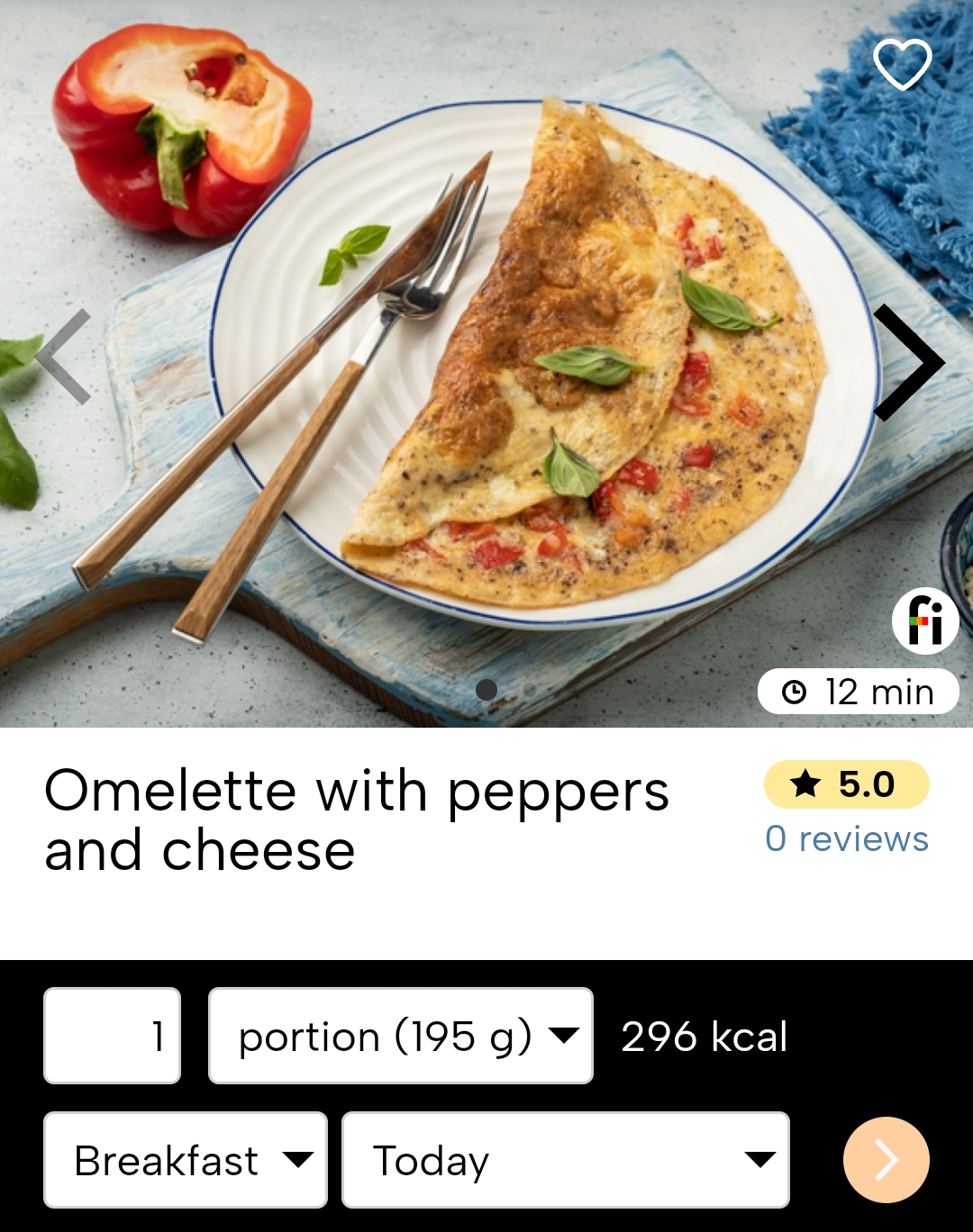Is it worth having protein and fat-based breakfasts?

In the realm of nutrition, it’s currently recommended to opt for protein and fat-based breakfasts. Is it worthwhile to introduce them into your daily meal plan? Can they aid in weight control and combat insulin resistance and diabetes? In this article, we’ll explore whether protein and fat-based breakfasts offer benefits and which products are best suited for them.
In the era of pervasive health consciousness, more and more individuals are paying attention to what lands on their plates. We particularly focus on the first meal of the day – breakfast. The latest trends point towards the rising popularity of protein and fat-based breakfasts. Can we trust this new trend, and most importantly, is it beneficial for our health?
What makes up a protein and fat-based breakfast?
Protein and fat-based breakfasts are essentially low-carbohydrate breakfasts. In practice, this means that the foundation of the meal isn’t comprised of grain products such as bread, oats, or fruits. Quite often, these meals revolve around eggs, as they are a source of both protein and fat. However, we will delve deeper into the rationale behind their frequent usage later in the article.
Is it worthwhile to have protein and fat-based breakfasts?
The most commonly cited argument by proponents of protein and fat-based breakfasts is an increased feeling of satiety after consuming such a meal. This is partially true, as the key to enhanced satiety lies in the protein, not the fat.
Indeed, consuming a protein-rich meal leads to an increased postprandial thermogenesis – a process where the body burns calories to digest and metabolize consumed foods. Consequently, many individuals might experience heightened feelings of fullness throughout the day and reduced temptation for snacking between meals. However, these sensations are subjective and may not apply to everyone. Importantly, this has little to do with fat consumption, hence it is only partially true.
Do protein and fat-based breakfasts help maintain proper glycemia?
There are no scientific studies confirming the effectiveness of protein and fat-based breakfasts in maintaining proper glycemia throughout the day.
However, studies do exist suggesting the positive impact of other dietary habits on improving glycemia in type 2 diabetes. These habits include regular breakfast consumption, consuming most carbohydrates during lunch, avoiding heavy late-night dinners, and adhering to a meal pattern where carbohydrates are consumed as the last component of the meal (following protein sources or vegetables).

Ideal sources of protein for breakfast
Eggs
Not only are eggs an excellent source of protein, but they also contain vitamins A, D, E, K, and B12, crucial for brain and eye health. Eggs also contain choline, important for brain function and nervous system health.
Skyr, natural yogurt, kefir, buttermilk
All of these products are sources of protein (especially skyr), calcium, vitamin B12, and probiotics. They can positively affect gut health and the immune system.
Low-fat cottage cheese
Low-fat cottage cheese contains a significant amount of protein and is a good source of phosphorus, potassium, and calcium, important for bone and dental health.
Nuts and seeds
Nuts and seeds are excellent sources of protein, unsaturated fats, fiber, vitamins, and minerals such as magnesium, potassium, and phosphorus. They can improve heart health and help maintain a stable blood sugar level.
Ideal sources of fat for breakfast
Avocado
Avocado is rich in healthy monounsaturated fats, which can improve heart health. It also contains fiber, vitamins E and K, and potassium.
Fatty fish
Fatty fish are rich sources of healthy omega-3 fatty acids, essential for brain and heart health. They also contain protein and vitamin D, important for bone health and the immune system.
Flaxseeds
Flaxseeds contain healthy polyunsaturated fats, including omega-3, as well as fiber and phytoestrogens, which can improve heart and digestive health. Remember to consume ground flaxseeds (preferably freshly ground just before consumption) to enhance their absorption by the body.
Plant oils
Plant oils such as olive oil, flaxseed oil, rapeseed oil, black seed oil, etc., are rich sources of unsaturated fatty acids. It’s best to use them cold, e.g., in dressings for salads.
Ideas for protein and fat-based breakfasts
We’ve got a few tasty suggestions for protein and fat-based breakfasts. You’ll find them in Fitatu®! Each dish comes with calculated calories and macronutrients. Some of the recipes may be exclusively available in Fitatu® Premium plans.



Is it worth eating protein and fat-based breakfasts – summary
In conclusion, there’s still a lack of studies confirming the benefits of protein and fat-based breakfasts that we frequently hear about. The improved sense of well-being and heightened feelings of fullness throughout the day after consuming these breakfasts might be attributed to the placebo effect (since many people praise them, they must be good) or increased protein consumption. Indeed, higher protein intake is associated with increased postprandial thermogenesis, which may influence greater satiety following a protein-rich meal. Therefore, it’s worth ensuring an adequate protein intake in both breakfast and other meals.
However, there are no contraindications for adopting such breakfasts if they make you feel good. Yet, it’s important to note that they shouldn’t solely revolve around eggs (due to high cholesterol content) and that sources of fat should include plant oils, nuts, fatty fish, or avocados. Relying frequently on products rich in saturated fatty acids such as bacon, sausages, mayonnaise, or pork ham could lead to worsened health and bring more problems than benefits.
Fitatu® app
Download the app from the Play Store or App Store and see that dieting has never been so easy! Do you care about convenience and access to the entire recipe database? Go for Fitatu® Premium! For blog readers, we have prepared a special discount code: BREAKFAST-SH . Go to https://www.fitatu.com/app/order-and-payment and grab a 20% discount on annual plans. Psst… the code combines with other promotions. 😉
What else will you find in Fitatu® Premium?
- additional intermittent fasting plans,
- ability to create shopping lists,
- 6 ready menus with meals,
- product and recipe filtering,
- more synchronization with fitness apps,
- access to the app in the web version,
- no ads!
Fitatu® support group
Join the Fitatu® community on Facebook and achieve your goals together with other users. Group members motivate each other daily to stick to their diet or share favorite recipes.
Bibliography:
- Westerterp, K.R. (2004). Diet induced thermogenesis. Nutrition & Metabolism, 1(1), 5.
- Zoe Pafili, Charilaos Dimosthenopoulos, Novel trends and concepts in the nutritional management of glycemia in type 2 diabetes mellitus—beyond dietary patterns: a narrative review, Hormones (Athens). 2021 Dec;20(4):641-655. doi: 10.1007/s42000-021-00314-1. Epub 2021 Aug 29.
- Eva Pedersen, Kylie Lange, Peter Clifton, Effect of carbohydrate restriction in the first meal after an overnight fast on glycemic control in people with type 2 diabetes: a randomized trial, Am J Clin Nutr. 2016 Nov;104(5):1285-1291.doi: 10.3945/ajcn.116.135343. Epub 2016 Oct 12.





